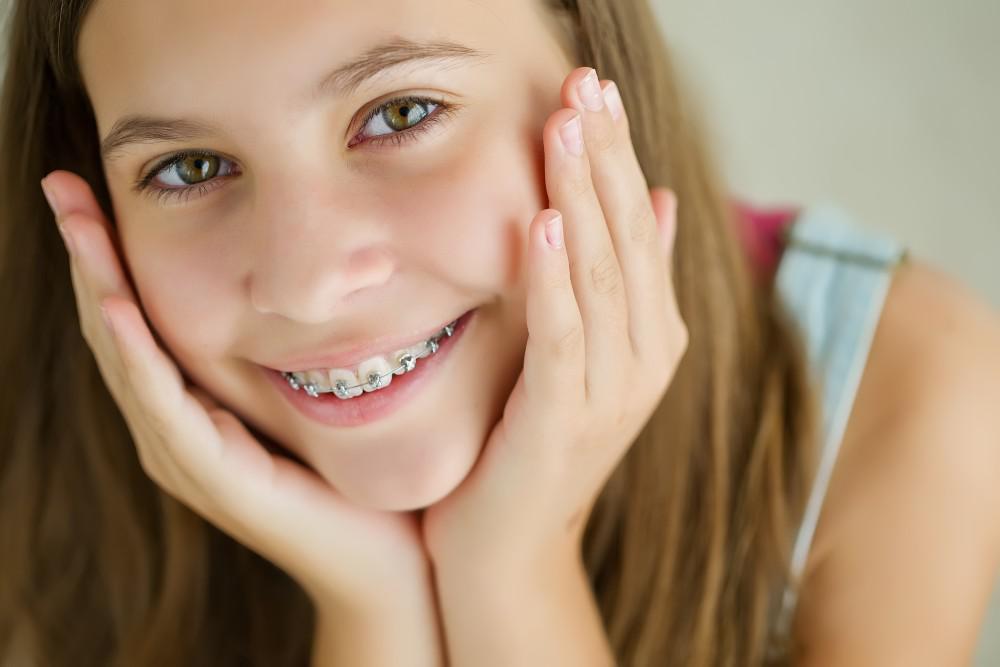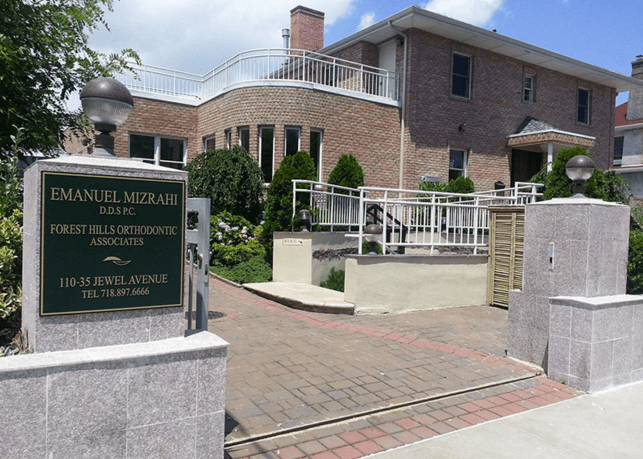Since children develop at different rates, there’s no set age for them to begin orthodontic treatment with braces. While some conditions are better treated when all of your child’s permanent teeth are in place, early treatment when some of your child’s baby teeth are still present can prevent some conditions from becoming serious problems.
To help determine the need and timing for braces, the American Association of Orthodontists recommends that children have their first orthodontic examination by age 7 unless problems arise earlier. An early examination can help identify developing problems so they can be treated before the permanent teeth arrive.
Emanuel Mizrahi, DDS, of Forest Hills Orthodontic Associates in Forest Hills, New York, specializes in orthodontics for patients of all ages. Dr. Mizrahi provides professional diagnoses and treatments for all types of orthodontic conditions. Based on the age of your child and the type of correction needed, Dr. Mizrahi will develop an orthodontic treatment plan appropriate for your child.
Signs your child may need braces
Your child can develop the need for braces at any age. Here are some of the common signs that orthodontic treatment may be necessary.
Malocclusion
Malocclusion is the abnormal alignment of the upper and lower jaws and/or teeth. You may notice the effects of a malocclusion if your child has an abnormal bite pattern or overcrowded teeth.
While this condition is often hereditary, it can also occur if your child sucked their thumb, used a pacifier past age 3, or used a bottle longer than normal. Your child may also develop this condition as the result of a jaw injury, having extra teeth, losing teeth, or having abnormally shaped teeth.
You may notice one of three categories of malocclusion.
- Class 1: Your child’s upper teeth slightly overlap their lower teeth
- Class 2 (Overbite): Your child’s upper jaw and teeth dramatically overlap their bottom jaw and teeth
- Class 3 (Underbite): Your child’s lower jaw is forced forward so that their lower jaw and teeth overlap their upper jaw and teeth
These problems can cause pain and headaches. Treatment of a malocclusion is typically recommended in early adolescence when the jaws are still developing and all permanent teeth have erupted.
Irregular loss of baby teeth
Your child’s baby teeth are intended to hold space for their permanent teeth. When baby teeth fall out before permanent teeth are ready to take their place, the permanent teeth may not have enough space to erupt if the gaps aren’t maintained. The result can be crowding and abnormal facial development.
Furthermore, baby teeth may even stay in too long, which could cause permanent teeth to come in crooked and misaligned. A thorough orthodontic examination can determine the reasons why your child’s permanent teeth are erupting incorrectly.
Difficulty chewing or speaking
When your child’s teeth aren’t properly aligned, your child may be uncomfortable biting or chewing food. They may have a lisp when they speak and difficulty pronouncing certain letters. And you may notice that they frequently breathe through their mouth.
Misaligned or crowded teeth can even prevent your child from performing proper brushing and flossing. If your child has cavities, it may be due to the fact that they can’t navigate the nooks and crannies of their crowded teeth to maintain their oral hygiene.
Abnormal facial appearance
An underbite or overbite can affect the way your child smiles. Left untreated, the developing jaw can change the shape of their face if they have a malocclusion. Your child’s face may appear sluggish or dull. One side of their face may appear higher than the other, or their lips may look uneven.
Orthodontics can correct your child’s facial profile and position their teeth and jaw for a normal appearance. Using braces to correct crooked, crowded, gapped, or protruding teeth can restore your child’s facial symmetry.
Don’t delay in scheduling an orthodontic evaluation for your child. Getting an early evaluation doesn’t mean they will need to start treatment early or even at all, but it will allow Dr. Mizrahi to track and monitor potential problems before they become serious.
To get an orthodontic evaluation for your child and to discuss treatment if needed, book an appointment over the phone with Forest Hills Orthodontic Associates today.



